In the realm of taxation, clarity and precision in the application of Tax Deducted at Source (TDS) provisions are paramount. Sections 194C and 194J of the Income-tax Act, 1961, govern the TDS on payments to contractors and on fees for professional or technical services, respectively. However, there has been ambiguity in the application of these sections, leading to instances where deductors have applied TDS under the wrong section. To address this issue, an amendment to Section 194C has been proposed to explicitly exclude sums paid under Section 194J from the purview of Section 194C. This amendment aims to bring clarity and prevent erroneous TDS deductions.
Understanding Section 194C and 194J
Section 194C: Payments to Contractors
Section 194C of the Income-tax Act provides for TDS on payments made to contractors. The applicable TDS rates are as follows:
- 1% when the payment is being made or credit is being given to an individual or Hindu Undivided Family (HUF).
- 2% in other cases.
The term “work” under Section 194C includes activities such as:
- Advertising
- Broadcasting and telecasting
- Carriage of goods and passengers
- Catering
Section 194J: Fees for Professional or Technical Services
Section 194J of the Income-tax Act relates to TDS on fees for professional or technical services. The applicable TDS rates are:
- 2% for technical services (excluding professional services).
- 10% for professional services, royalties, and non-compete fees.
Professional services encompass legal, medical, engineering, architectural, accountancy, technical consultancy, interior decoration, and other similar services.
Ambiguity and Need for Amendment
Existing Issue
Clause (iv) of the Explanation to Section 194C defines “work” but does not explicitly exclude payments that fall under Section 194J. This lack of clarity has led to situations where deductors mistakenly apply TDS under Section 194C for payments that should be subject to TDS under Section 194J. This incorrect application can result in either under-deduction or over-deduction of tax, causing compliance issues and potential disputes between taxpayers and the tax authorities.
Proposed Amendment
To rectify this issue, it has been proposed to amend Section 194C to explicitly state that sums referred to in sub-section (1) of Section 194J do not constitute “work” for the purposes of TDS under Section 194C. The proposed amendment to Clause (iv) of the Explanation to Section 194C reads as follows:
“It is proposed to amend the said Clause (iv) to exclude any sum referred to in sub-section (1) of section 194J from the definition of ‘work’.”
Implementation and Impact
Effective Date
The proposed amendment will take effect from 1st October 2024.
Amendment Details
In Section 194C of the Income-tax Act, the Explanation in Clause (iv) will be amended as follows: “For the long line, the following long line shall be substituted with effect from 1st day of October, 2024, namely:— ‘but does not include— (A) manufacturing or supplying a product according to the requirement or specification of a customer by using material purchased from a person, other than such customer or associate of such customer; or (B) any sum referred to in sub-section (1) of section 194J.’.”
Implications for Taxpayers
This amendment will have significant implications for taxpayers, particularly those involved in making payments to contractors and professionals. Key points to consider include:
- Clarity in TDS Application: Taxpayers will now have clear guidelines on the application of TDS under Sections 194C and 194J, reducing the chances of incorrect deductions.
- Compliance: Ensuring compliance with the correct TDS provisions will help avoid penalties and disputes with tax authorities.
- Administrative Ease: The amendment will simplify the administrative process for deductors, as they will have a clear distinction between payments subject to Section 194C and those under Section 194J.
The proposed amendment to Section 194C of the Income-tax Act is a welcome step towards bringing clarity and precision in the application of TDS provisions. By explicitly excluding sums paid under Section 194J from the definition of “work” under Section 194C, the amendment aims to prevent erroneous TDS deductions and ensure smoother compliance for taxpayers. As the amendment takes effect from 1st October 2024, taxpayers and tax professionals should familiarize themselves with the new provisions and adjust their practices accordingly to stay compliant and avoid any potential issues.
Visit www.cagurujiclasses.com for practical courses
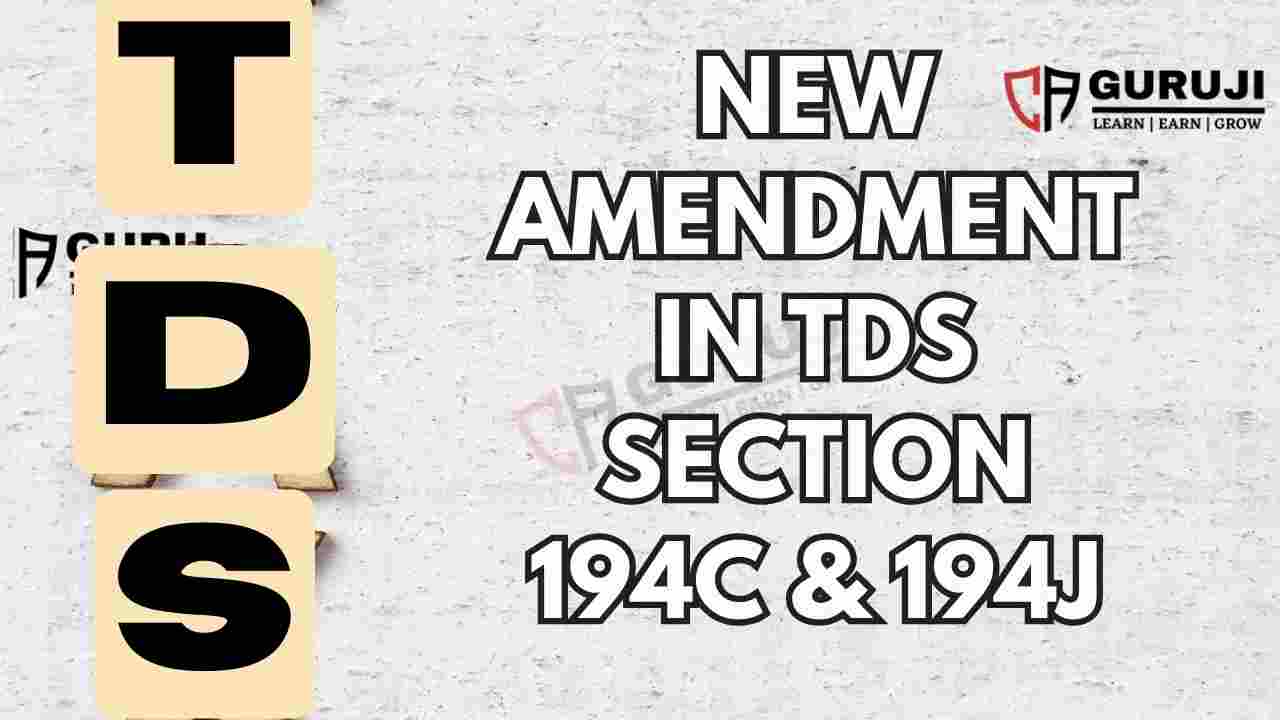

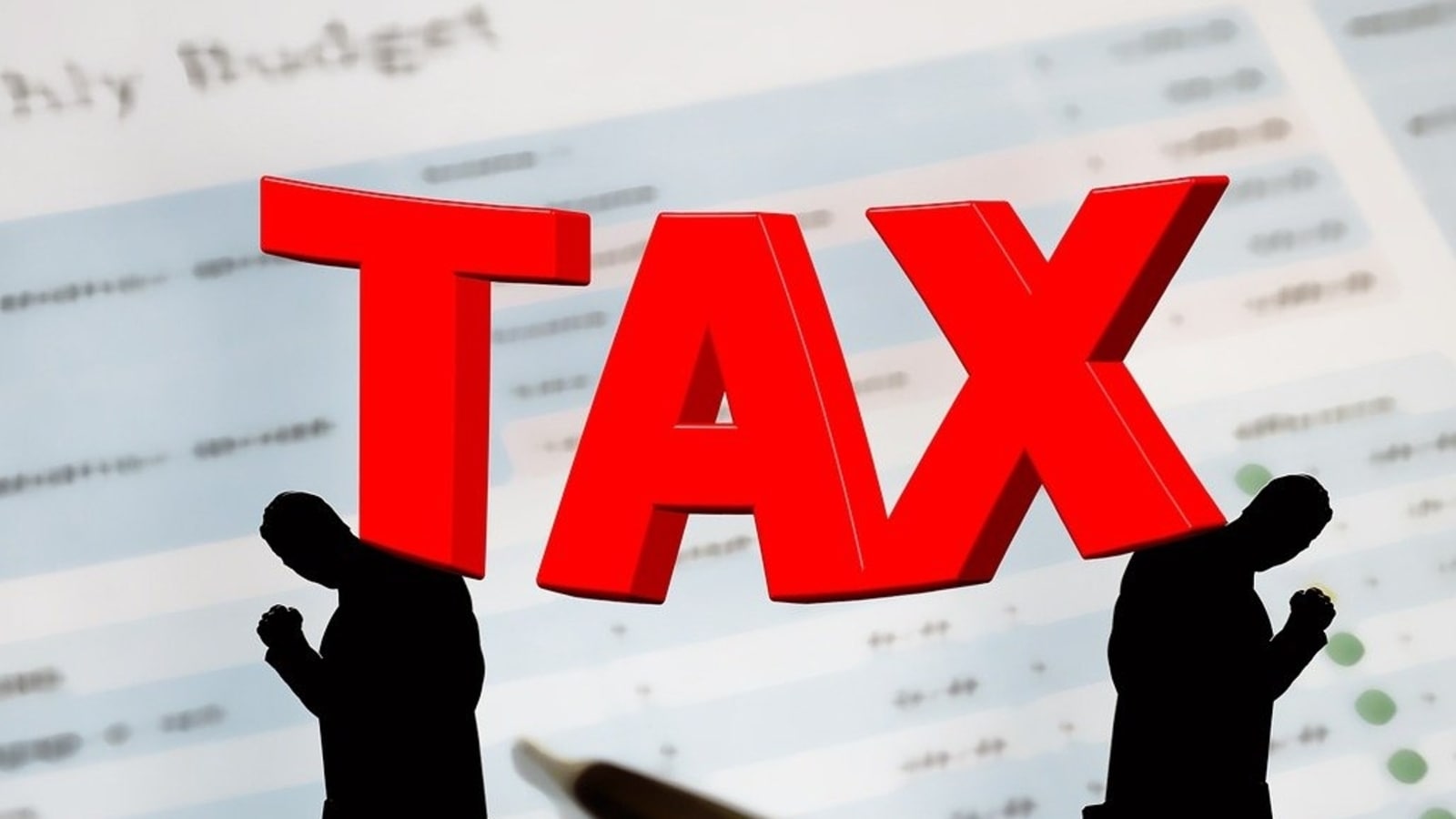
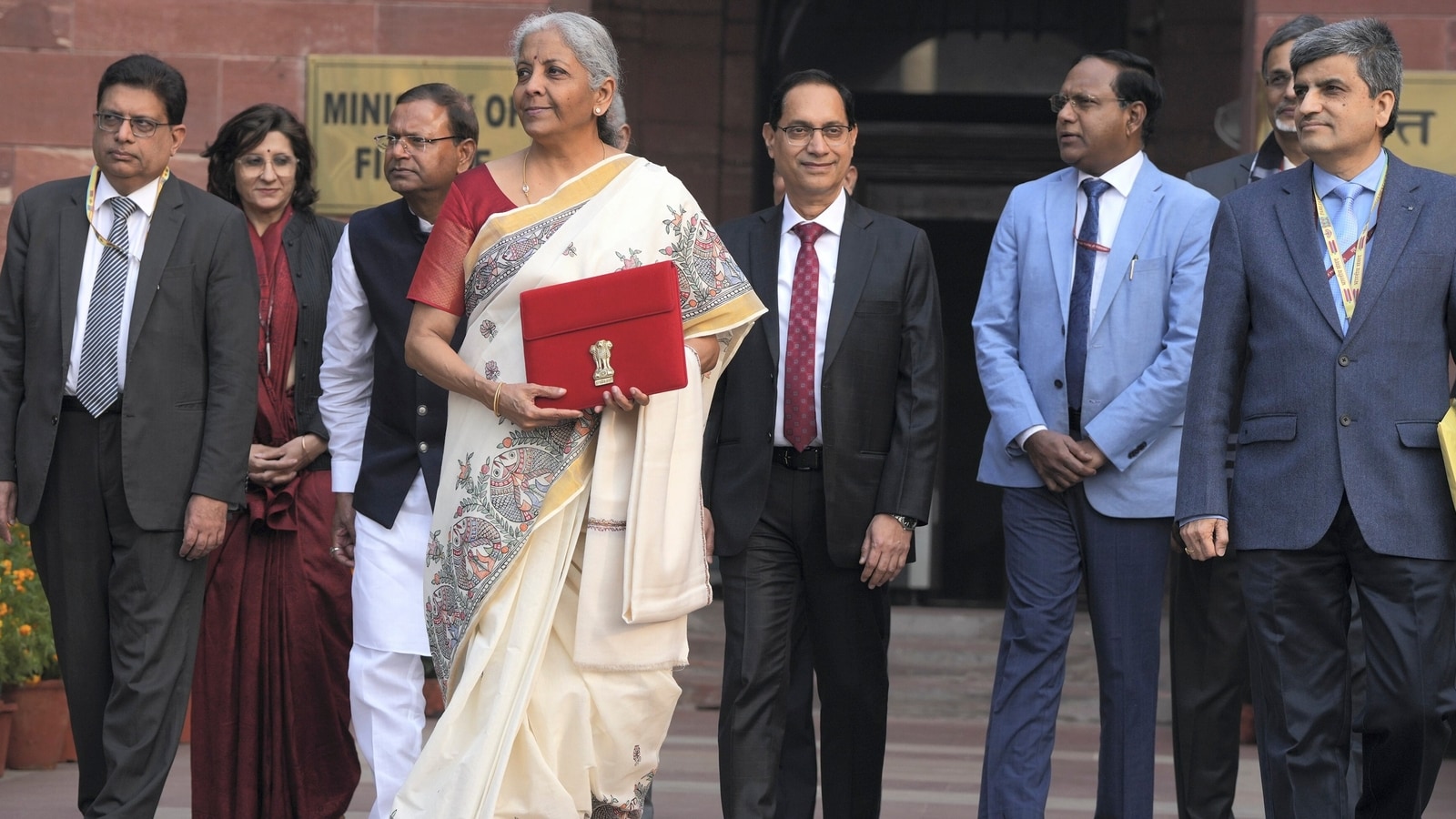

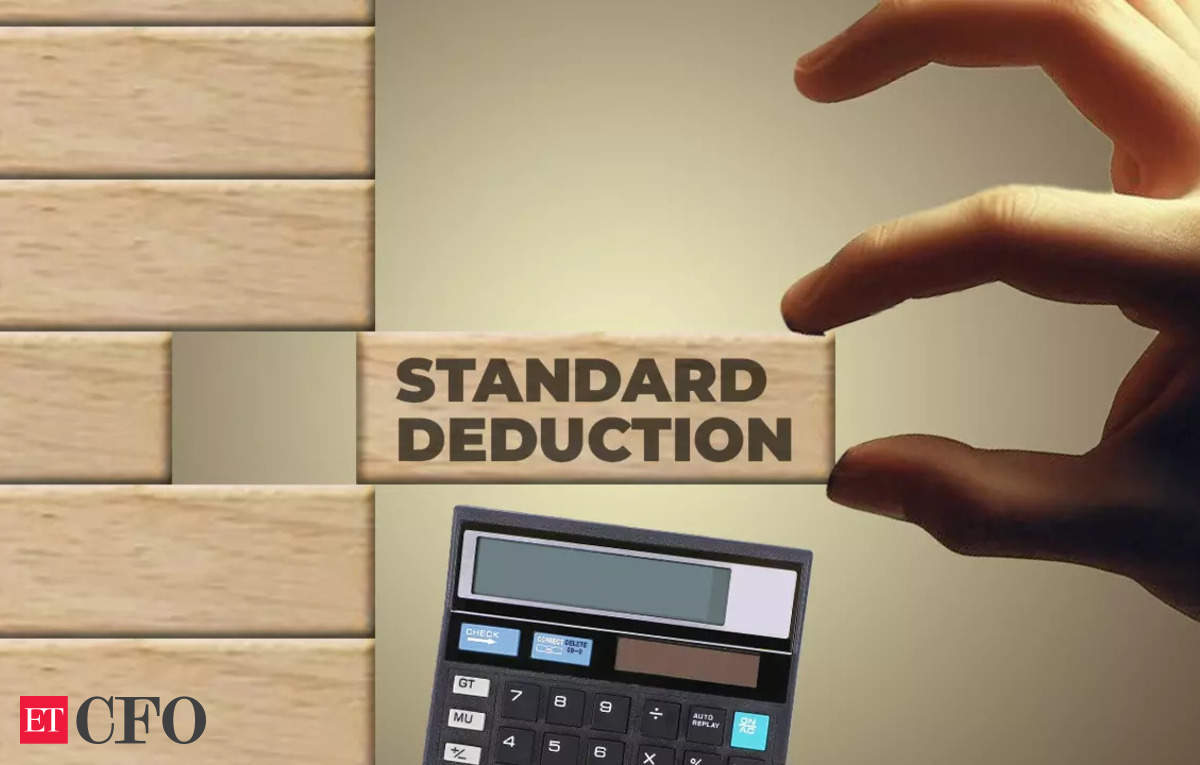





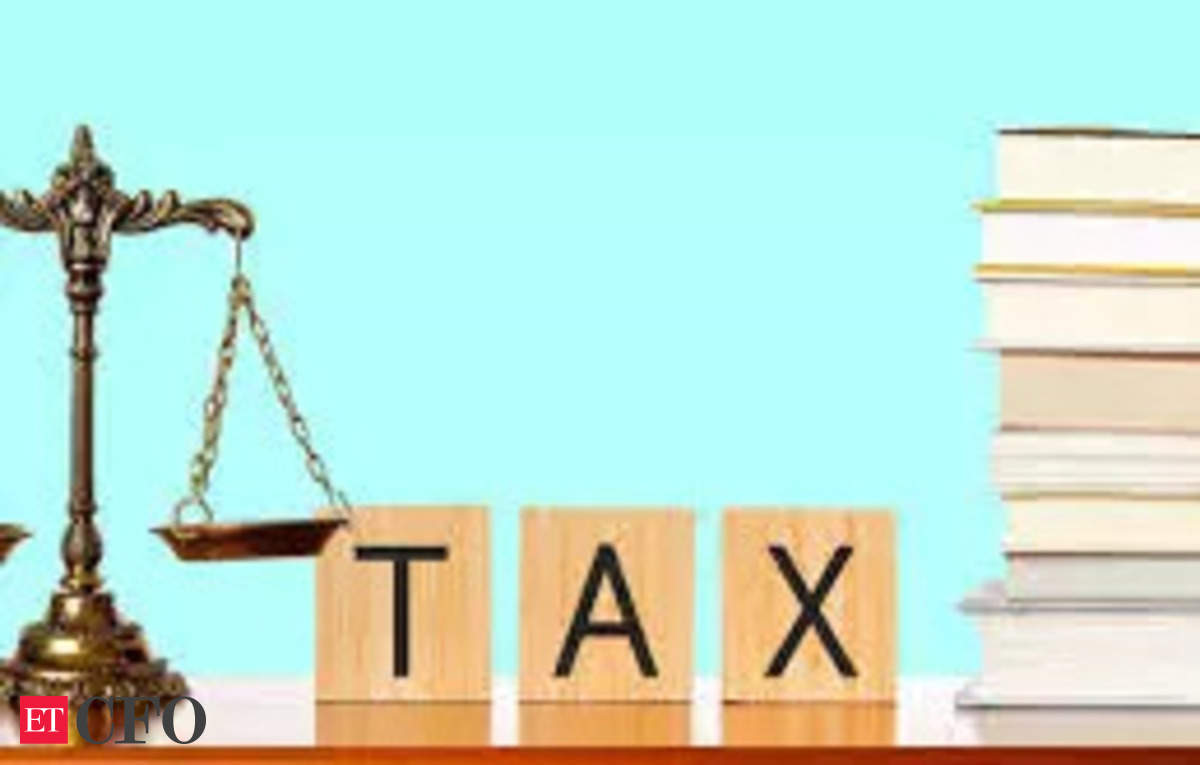
Is the providing of advertising, broadcasting, telecasting services by an individual or firm a contract ‘work’ or a technical professional service?
Gig workers in this field will go under which Section: 44AD which pertains to small businesses or 44ADA which pertains to professionals?
What is the %ge of TDS to be deducted on the sale consideration of a Propery boufht from NRI as per new budget 2024-25 ?
Very useful information
I have a garment manufacturing factory and we give goods for job work such as printing, embroidery, stitching etc.
Will that come under 94c or 94j?